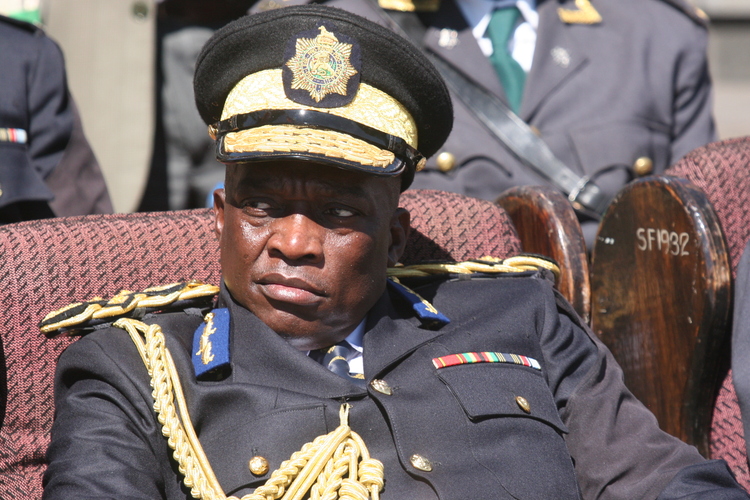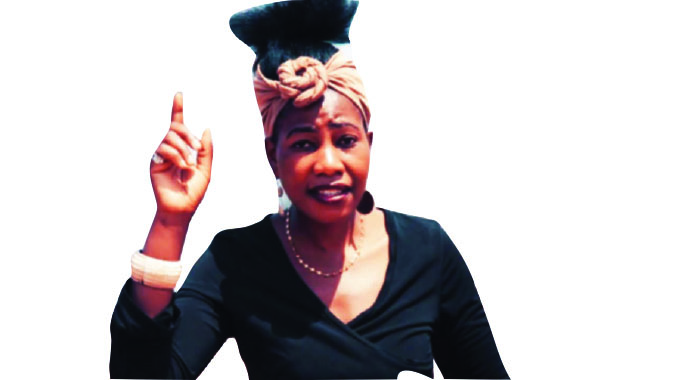Salisbury to be renamed
The Herald, May 30, 1981
THE Government will announce the new name for Salisbury and new street names within the next month or two, the Minister of Local Government and Housing Mr Edson Zvobgo, told an annual ACCOZ congress here yesterday.
The new ACCOZ president, Mr Abner Botsh, asked during the open business session when the changes would be made because of the imminent production of maps and brochures for Salisbury.
Mr Zvobgo said the committee has been working intensively since last year trying to examine what place names should be changed throughout Zimbabwe.
“I know the Salisbury Publicity Association, for instance, has been rather anxious as to when, rather than whether the changes will take place.
“I was hoping to make the formal announcement here, but that would have been jumping the gun of my committee. It will be made, however, within the next month or two,” he said.
LESSONS FOR TODAY
Names are a very important part of a person or place’s identity. In most instances they have deep, personal, cultural and historical connections. They also give a sense of who we are, the communities in which we belong, and our place in the world.
The country’s capital city was renamed to Harare on April 18, 1982, the second anniversary of the country’s independence. The name was derived from Chief Neharawa, who, with his people, occupied the kopje (the hill at the foot of which the commercial area grew) at the time the Pioneer Column arrived and seized land.
The renaming of the country’s cities, towns, streets and other places soon after independence was important and symbolic because it reflected the transition from colonial rule to majority rule.
In Harare, most streets were named after leading figures, both dead and alive, that played a huge part in liberating the country.
Some of the eminent persons included former foreign Presidents such as the late Samora Machel of Mozambique, Julius Nyerere of Tanzania, Kenneth Kaunda of Zambia and Nkwame Nkurumah of Ghana.









Comments